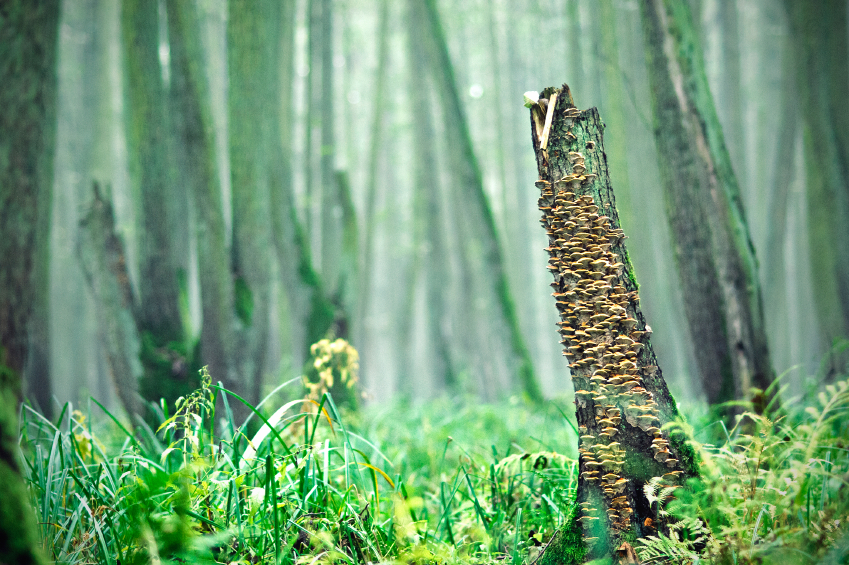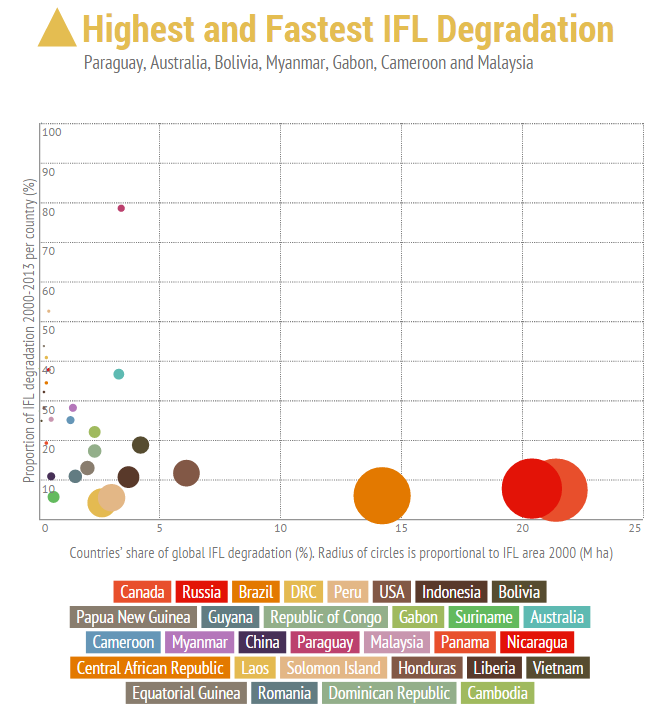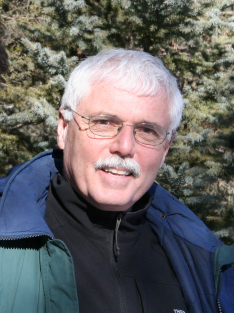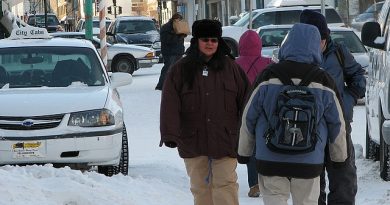Feature interview: finger pointed at Canada, Russia, for degradation of intact boreal forest

The latest satellite mapping analysis of the planet’s untouched forests by a group of organizations such as Greenpeace and the World Resources Institute reveals a troubling picture: 104 million hectares of pristine landscapes have been damaged in some way between 2000 and 2013.

And the images show that Canada has the highest share and fastest rate of intact forest degradation in the world, followed closely by Russia.
Intact forest landscapes are defined by the group as:
“an unbroken expanse of natural ecosystems within the zone of current forest extent, showing no signs of significant human activity, and large enough that all native biodiversity, including viable populations of wide-ranging species, could be maintained.”
These expanses of forests must cover an area of 500 km2 and be at least 10 km at their widest point.
Much of Canada’s intact wilderness is found in the stretch of northern boreal forest that extends as a circumpolar band all the way to Russia.

Peter Lee, the executive director of Global Forest Watch Canada, estimates that about half of the fragmentation occuring in the country’s intact forests is in fact taking place in the North.
He adds that fires, presumably due to human activities, are the principal cause of the degradation. In Russia’s Western Siberia region, oil and gas extraction is to blame.
Related stories from around the North:
United States: Wildfires could threaten Arctic caribou herd’s winter habitat: study, Alaska Dispatch
Finland: Finland forest sell-off has risks, YLE News



